-
Business Law
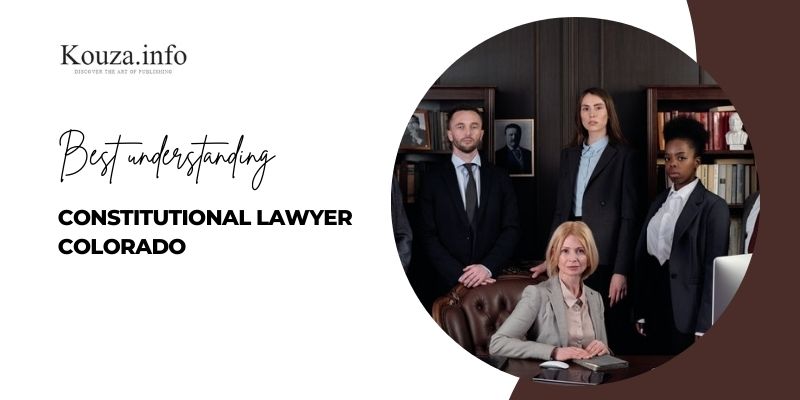
Best understanding constitutional lawyer colorado
Michael Steinberg, your constitutional lawyer colorado rights lawyer, aggressively defends his clients at each level of the criminal defense procedure.…
Read More » -
Knowledge

Best constitutional lawyer in India
Here is Best constitutional lawyer in India by kouza.info. It is impossible to overestimate the significance of best constitutional lawyer…
Read More » -
Knowledge
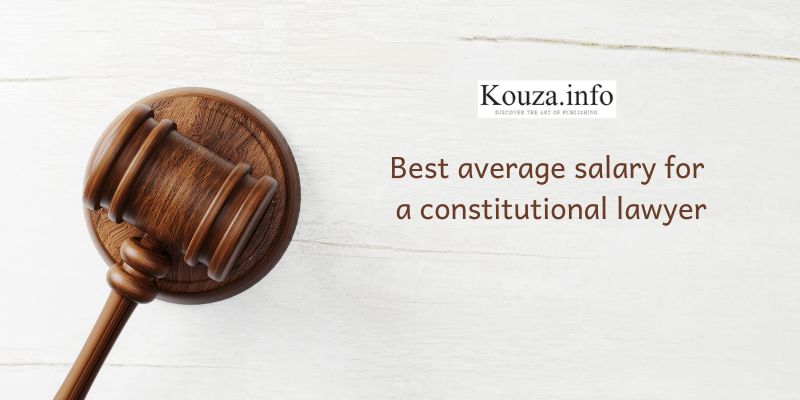
Best average salary for a constitutional lawyer
Here is Best average salary for a constitutional lawyer by kouza.info. How much does a lawyer at the Constitutional Rights…
Read More » -
Business Law
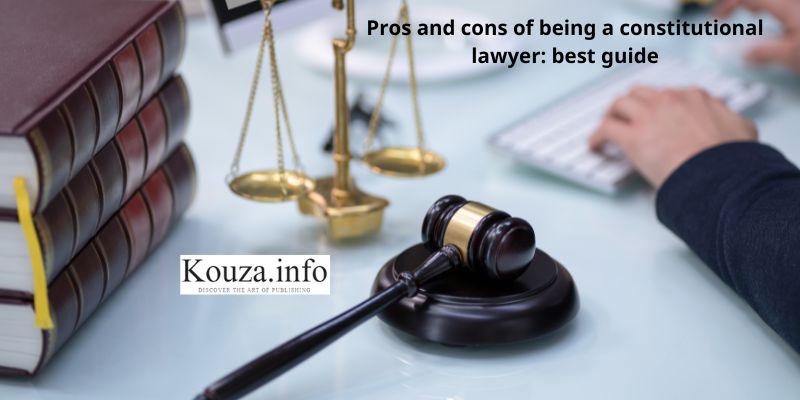
Pros and cons of being a constitutional lawyer: best guide
It’s crucial to weigh all of the benefits and drawbacks of this fascinating profession if becoming a lawyer is something…
Read More » -
Business Law
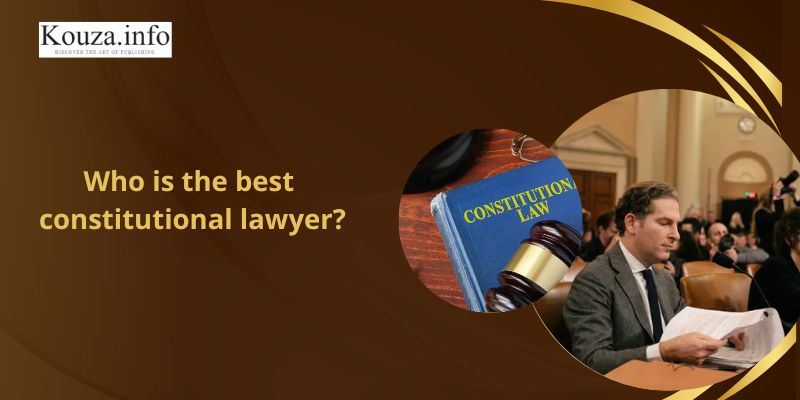
Who is the best constitutional lawyer?
Expert legal services for your constitutional law needs are provided by the constitutional lawyers at Bhatt & Joshi Associates. One…
Read More » -
Knowledge
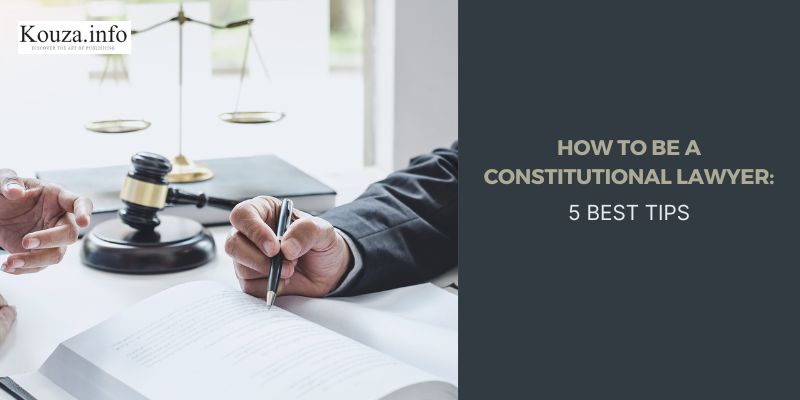
How to be a constitutional lawyer: 5 best tips
How to be a constitutional lawyer: 5 best tips by kouza.info. A degree in constitutional law can lead to a…
Read More » -
Business Law
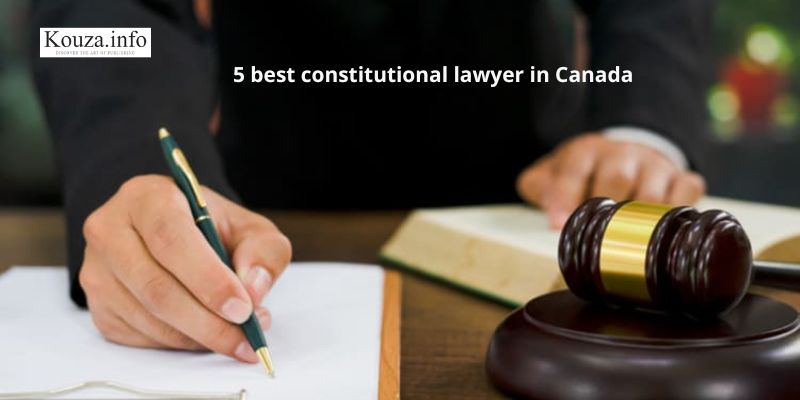
5 best constitutional lawyer in Canada
The 5 best constitutional lawyer in Canada are listed below by kouza.info. We created our own list based on this…
Read More » -
Knowledge

Constitutional lawyer jobs – The best description
Constitutional lawyer jobs – The best description by kouza.info. By enrolling in optional courses in legal practice areas of interest,…
Read More » -
Knowledge

How to Become a Constitutional Lawyer in India? – best guide
In India, being a constitutional lawyer is a difficult yet fulfilling career path. The connection between the government and its…
Read More » -
Knowledge
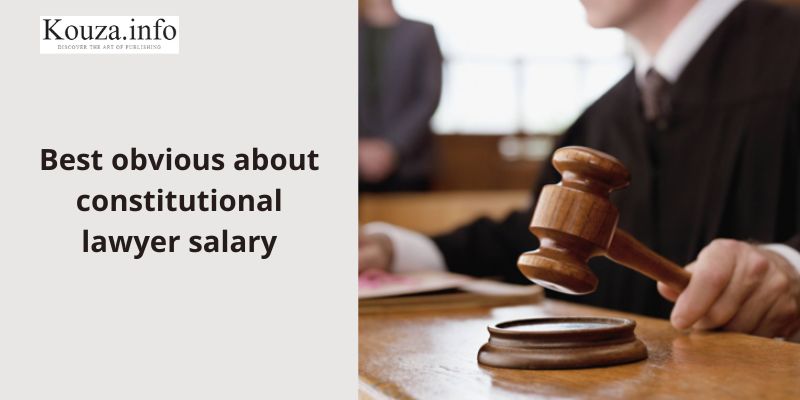
Best obvious about constitutional lawyer salary
kouza.info cover the duties of a constitutional lawyer in this article: Best obvious about constitutional lawyer salary, as well as…
Read More »